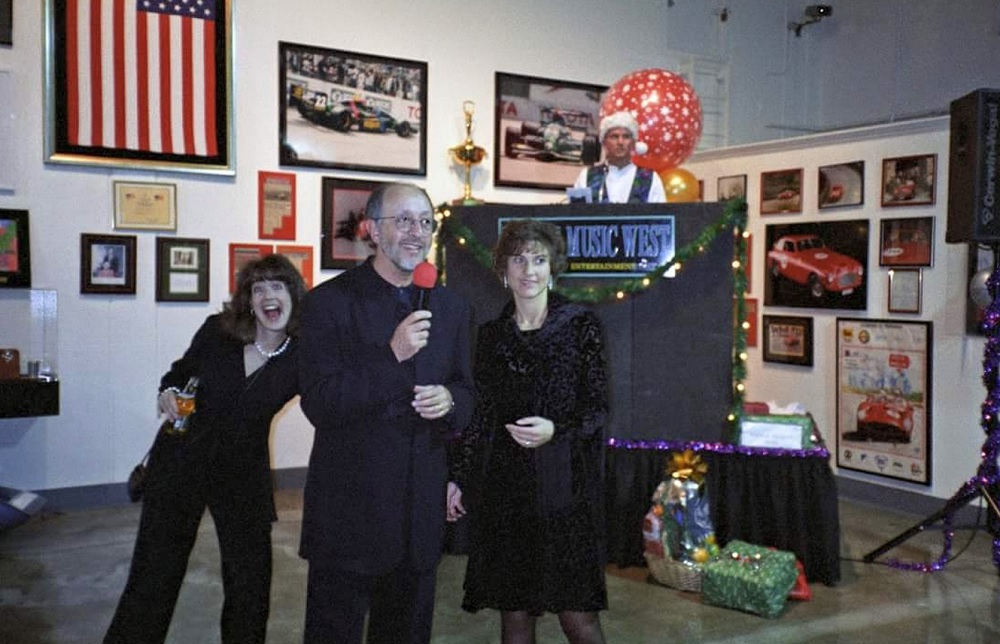Martin Alper, the former president of the now defunct Virgin Interactive and a video game pioneer, died over the weekend. He was remembered by numerous video game designers who worked for him at Virgin Interactive Entertainment, which was once one of the biggest companies in the game industry.
Alper, who was 72, played an important role in the careers of many famous game developers, including Command & Conquer studio Westwood Studios and Shiny Entertainment, creator of The Matrix and Earthworm Jim. He ultimately built a large video game publishing house in Irvine, Calif.

Unlock premium content and VIP community perks with GB M A X!
Join now to enjoy our free and premium membership perks.
![]()

![]()